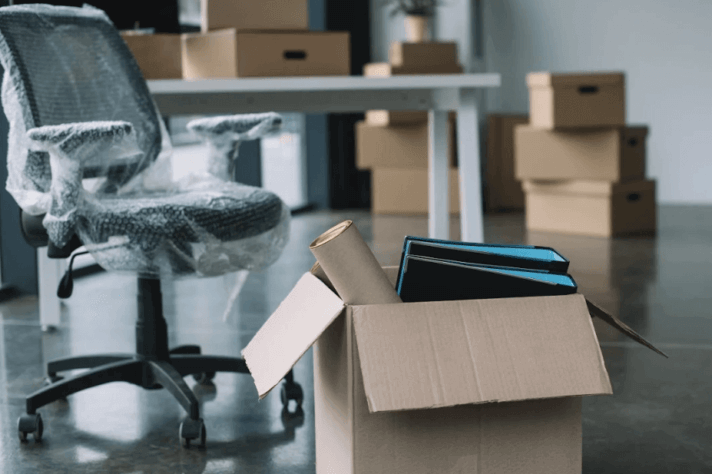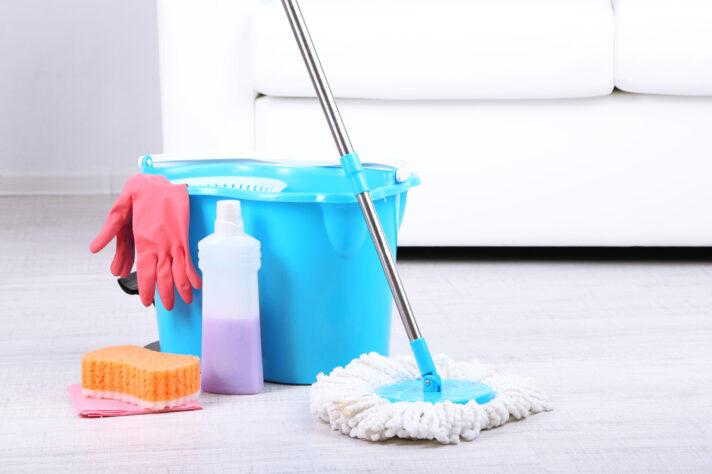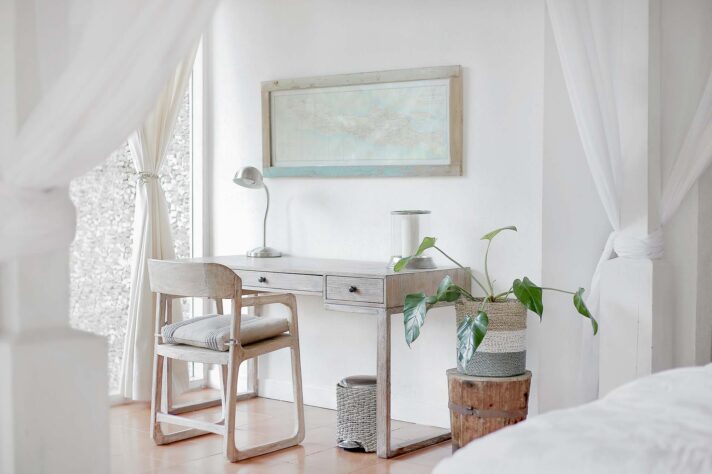At the rate of nearly 37%, renting levels have never been this high. You can take advantage of this by building up your property value, crafting a solid lease, and establishing a good set of rental policies. All of these will give a high value to your property and increase your income. Without further ado, let’s go over some essential steps in this process.
Guide on How to Rent out Your Home If You Need to Move Soon
Homes represent a safe haven for many people. As the owner, you’re on your turf within those walls. However, you have to relocate from time to time. To avoid losing a homeowner’s title and the spot holding precious memories, you should consider renting your old place out. If you’re wondering how to rent out your home, know that 36.6% of American households are leasing their homes, so putting your house or apartment on the market might as well pay off in the end.
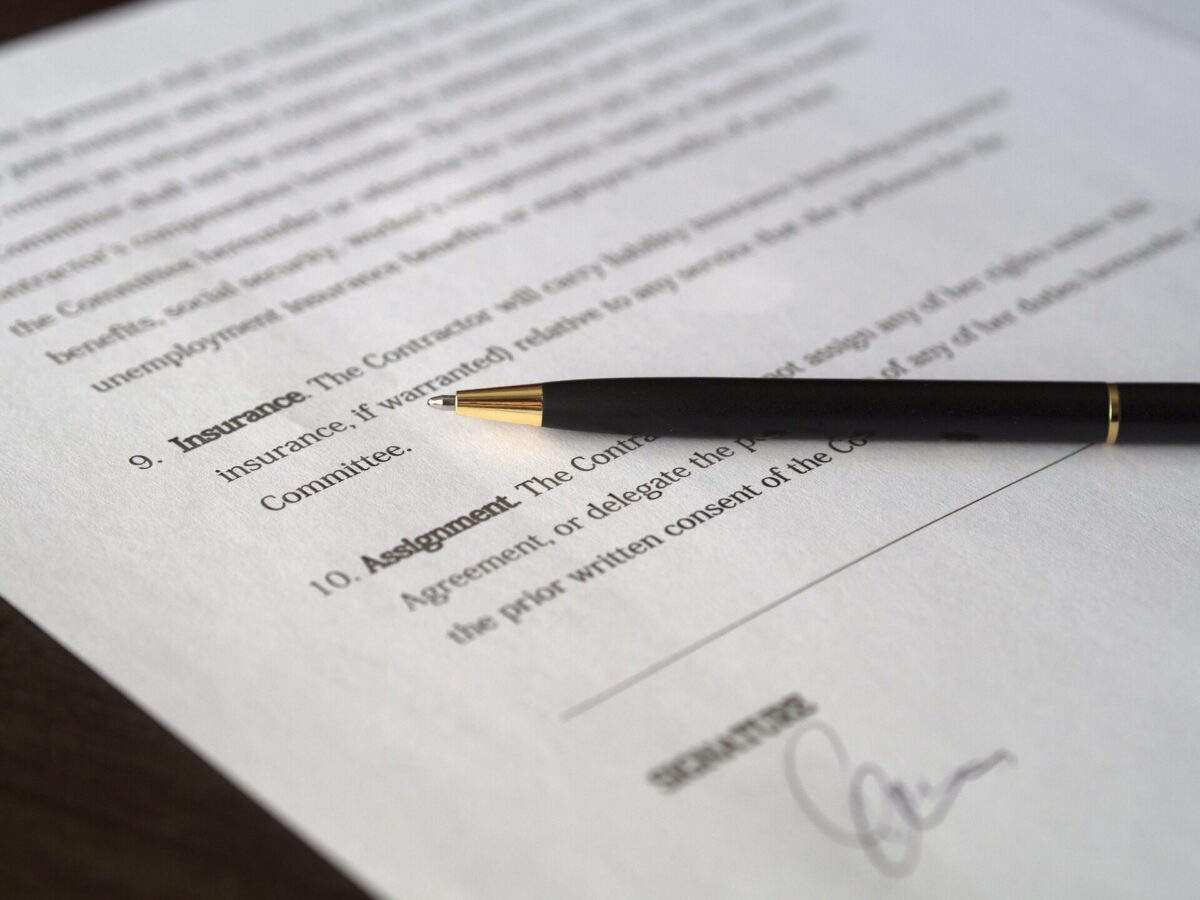

How to Rent out Your Home – Build the Value of Your Property
Paying a mortgage or giving money to the landlord? Many people weigh these two options. To tip the scale to your benefit, make your residential unit seem like a better option. Also, think about all the ways you can improve your house so that you could get the most money out of it. Your home might be rough around the edges, but with small tweaks and repairs, it will get a completely new look. There are a few ways you can transform it into the top-notch house:
Start by improving the front yard’s appearance – sometimes people make up their minds about renting a place in the spawn of a few minutes. Mow the lawn, cut down branches, paint the door and walls, these repairs won’t cost you much, but with them, you will attract high-quality tenants.
No matter how much time you have before you decide to rent, make sure that your unit is well lit, clean, and smell good when you are showing it to potential renters. Declutter and donate unwanted items, keep it simple yet clean. Bright rooms look bigger and more welcoming than dark rooms.
Attracting quality people to live in your home means ensuring that expenses are lowered as much as possible. Preventative maintenance is the solution for that! Before you sign a lease with tenants, change filters in AC, clean everything that needs to be cleaned, and make all small and necessary repairs. Check for water and gas leaks. Make sure walls are dry, and there is no mold on them. Good house maintenance is what makes you a great landlord.
Tiptop properties will be easy to rent out when you are done with putting a “makeup” on them. Plus, you’ll be able to get more money so you don’t really have to move into a smaller home or to think about the cheapest way to move out of state and moving tips to reduce the costs of moving. You’ll also be able to hire auto shipping services in case you wanted to transport your car across the county. But let’s talk about how you can turn the love that Americans have for pets into your advantage.
When You Are Renting out, Consider Allowing Pets on Your Estate
Did you know that sixty-seven percent of US households own a pet? That means that about 85 million families live with an animal companion, and no matter what might be their reasons to move, they will bring their pet. That’s why you should seriously think about allowing pets on your estate.
Letting people bring their pets in your house means you will have to think about the damage that they might cause. Cover that with a non-refundable pet deposit. That deposit should depend on the value of your home and items in it. Also, you can charge pet rent. If you are worried about the damage that animals might inflict on your property, set a limit on the number of animals allowed. In any case, enabling people to bring their pets increases your pool of potential renters.


Determine the Right Renting Price
Let’s talk about the income – when all is said and done, you’ll want your rental rate to be higher than expenses. Then again, you’ll have to think about a price that will attract tenants. If you are buying a property and renting it in order to pay the mortgage, you will need tenants that will be happy with prices and stay for a while in your unit.
To get a realistic image of the housing prices in your neighborhood, look into the income of other places. Compare housing qualities and amenities, and make sure that you can somehow justify the price if you’re charging more.
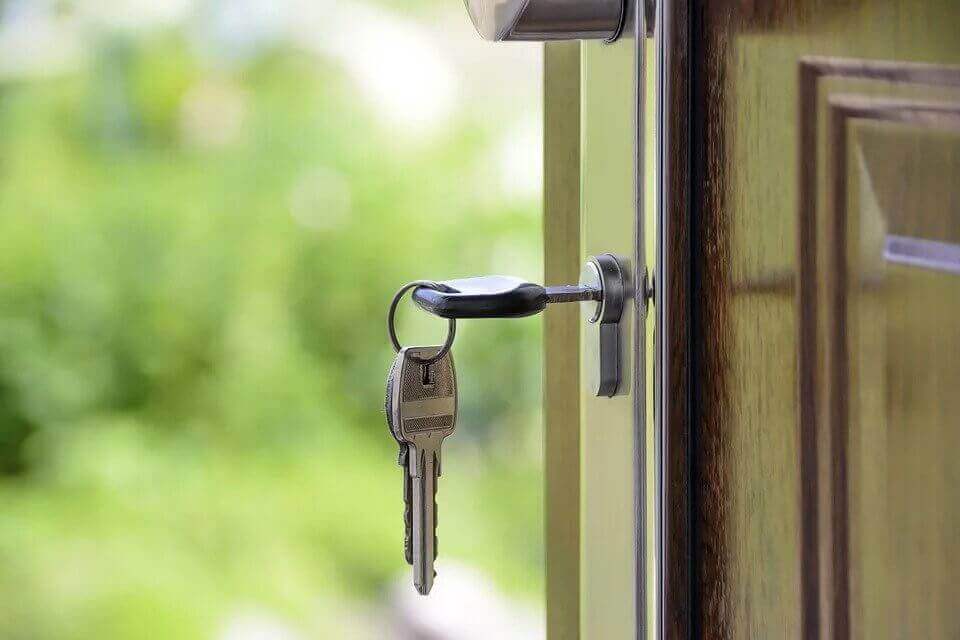

There Are Many Things to Consider When Looking for a Tenant
If you fix up your house and put a reasonable price on it, many people will call you to apply. How do you spot great tenant among average ones? There are things you can do to make sure you are renting to the right kind of people. Start by pulling their credit reports, check criminal records, and in the end, ask for references from previous employers or landlords. When they come to check out the estate, pay attention to the vibe they are sending off; sometimes people seem better on paper than in person.
Set Rental Policies
You are letting somebody live in your home, so you have the right to set some ground rules. Rental policies could be about whether you will have a pet deposit or not, but also determining simple things like who will do the lawn. Discussing good neighbor policy is also important; the landlord should mention what the quiet hours in the area are. Did you know that there are 34.2 million adults in the US that are smokers? Are you going to let them live in your unit or not? Being a good landlord means going over the policies with your tenants, and negotiating some if there is a need for it.
Have a Real Talk With Potential Property Renters
Talk with potential renters as soon as you get the chance. A heartfelt conversation can tell you a lot about a person that will inhabit your house. Be honest with them about rules, utility costs, and other prices, but also tell them everything you would like to know if the roles were reversed. Learn as much as you can about their work, hobbies, and lifestyle. After all, they will stay on your property. It is only normal that you are curious about what kind of people they are.


Protect Your House With Lease and Insurance
Owning a residential rental property means having money in your pocket every month without a big fuss. You can spend it or pay a mortgage with it – it is up to you. But, you will want to protect your investment from any kind of potential damage, that’s why you should have a carefully crafted lease and insurance policy.
Don’t take the blank online lease and use it as your own, because every state in the US has its own rules and regulations. Consult a lawyer and craft one on your own, that includes:
- Security deposit
- The due date for payments and penalties if that deadline is breached
- Information about the person in charge of repairs and maintenance
- Names of tenants
- Rules and regulations
- Eviction details
After you create the lease, you, as a landlord, need to think about rental home insurance. That policy is also known as fire insurance, and it covers damage to the building structure, legal costs, and medical expenses. Mention to people that live in the house that the policy doesn’t include their personal belongings and that they should consider renters insurance.
What does renters insurance cover?
Hire a Professional Advisor to Help You Navigate the Whole Process
If you are planning your moving budget, checking the safety of your future neighborhood, and moving soon, and need to rent your estate, hiring a professional advisor to give you a hand would be smart. While you are considering all (dis)advantages of moving alone, house-hunting, trying to avoid relocation depression and common moving mistakes, deal with moving stress, tips and tricks for packing things like clothes and furniture, they can do some of your grunt work. Management companies not only collect the money for you, but they also take care of late fees and repairs and deal with evictions and early vacancies.
Talk to real estate attorneys and accountants before you create a photo inventory and determine the best time of the year to move out; you will want to ensure that everything is done by the law and property rules.
